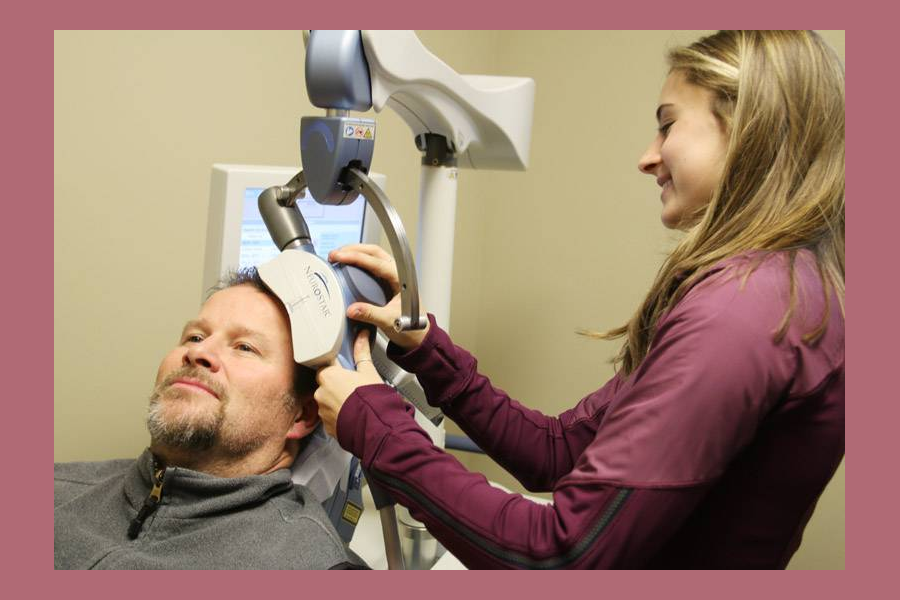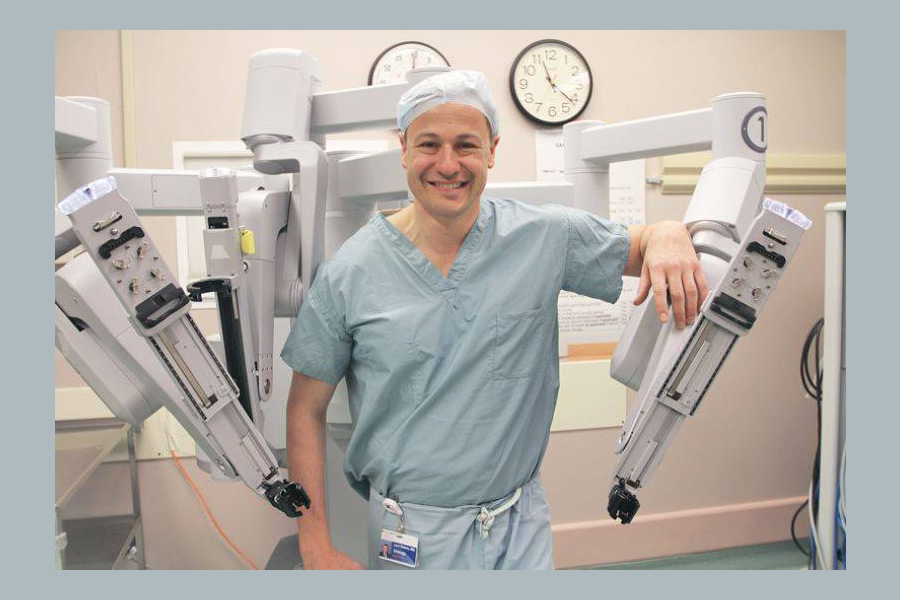Healthy and Active: Aging with Strength and Weightlifting By Aaron Shaw, Columnist for the Madison Park Times
There may not be a fountain of youth feeding Lake Washington, but you can add years to your life with muscles. Resistance training, or weightlifting, has great benefits for us as we age. You can feel great and flex your age defying biceps long into your golden years with the right training.
The unfortunate reality is that older adults who do not perform regular resistance training lose 5-10 percent of muscle mass per decade after age 50. Bone loss of 10-30 percent and a reduced metabolic rate of 2-3 percent per decade is also expected. Metabolic rate refers to the number of calories your body uses at rest. Even the youngsters in their 30’s lose 3-8 percent of their muscle mass per decade if they don’t perform resistance training.
Obesity, type-2 diabetes and cardiovascular disease are all risk factors with a slowing metabolic rate. Untrained muscle uses five calories per pound of muscle per day compared to nine or more calories for trained muscles. Loss of muscle directly decreases metabolic rate and increases fat gain. In the US, 80 percent of men and 20 percent of women over age 60 are overweight or obese. Risk of falling and associated injuries is also related to loss of muscle.
Resistance training in older adults have been shown to significantly increase lean muscle mass and resting energy expenditure. The increased energy use leads to a reduction in body fat. Reduced blood pressure, increased bone density and prevention and management of type-2 diabetes are added benefits of training.
Before starting on a resistance training program check with your physician. If it has been a year or more since you have been on a regular training program it may be helpful to consult with an experienced fitness professional. Your trainer will interview you and provide an intake questionnaire to ask about current or previous health related issues including cardiac history and injuries.






















